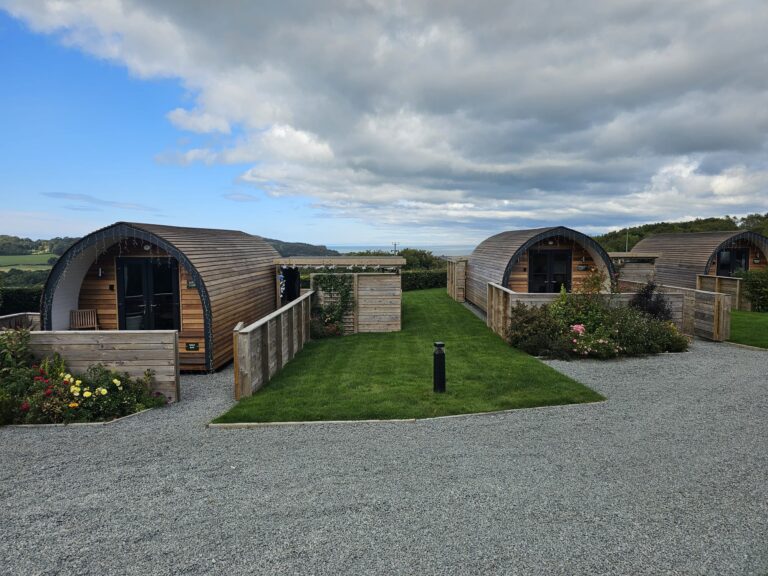Here is our first time landlord guide!
There are many reasons why people decide to become a landlord. You may be planning for retirement or perhaps have inherited a property from a family member but whatever your reason, there is a lot to think about!
Buy to Let Mortgages
Buy to let mortgages differ from residential mortgages in a number of ways and here are some examples:
- The minimum deposit needed for a buy to let mortgage is usually 20% compared to 5% for residential mortgages. Most lender however prefer 25% deposit
- The maximum loan amount a lender is willing to borrow is based off the potential rental income of a property rather than your salary like with residential mortgages. However you can sometimes use your income to increase a loan. This is called “Top-slicing”.
- Lenders will usually require a rental income stress test of at least 125%. So therefore, the rent charged must be at least 125% of the monthly mortgage payments. This percentage could be 145% for higher rate tax payers.
- It is now a requirement to have an EPC rating of an E on the property you are renting out. Anything below this will be classed as un-mortgageable.
- Many buy to let mortgages are on an interest only basis meaning you may need a suitable repayment vehicle (sale of property, savings account, ISA, pension etc).
Top Tips:
- Contact an estate agent to confirm the expected monthly rental for the property.
- Decide what you want from your investment, is it for extra income or a long term pension plan?
- Carefully consider your target market – are you looking to rent to professionals, families or perhaps students?
- After choosing your preferred tenant market, research the best location! Students may want to live close to their university and local nightlife whereas families will be interested in good local schools.
- Consider other costs such as various taxes, insurance and the up keep of the property!
- Carefully consider costs vs returns on the property and decide if it is worth the investment, go with your head instead of your heart.
- You may need to apply for a licence if you want to a rent out a property and will need to check with your local council. It is a legal requirement in Wales to have a Rent Smart Wales licence and is also essential in many counties across the rest of the UK.






